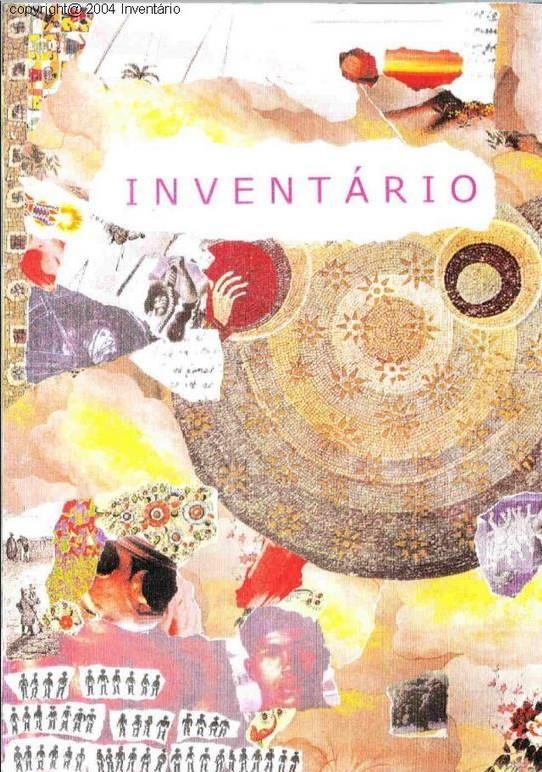INTELLECTUALS IN THE WORKS OF GUSTAVO BARROSO
BETWEEN AGENCY AND TRAGEDY (1930-1937)
Abstract
This paper aims to provide a brief investigation regarding the intellectual figure in the works of Gustavo Barroso (1888-1959) produced between 1930, when Vargas came to power, and 1937, the year in which the Estado Novo (New State) was established, putting Integralism, of which Barroso was a prominent militant, into illegality. For this purpose, an inquiry is conducted into what would characterize the intellectual and the intelligentsia in capitalist modernity, as well as how this field was configured in 20th-century Brazil. Furthermore, an analysis of Barroso's texts is carried out, encompassing a varied corpus including fiction, doctrine, and journalistic publications, aiming to explore the characterization that Barroso gives to intellectuals, endowing them with Promethean features and, at the same time, tragic nuances. Theoretical analysis is anchored in the contributions of Alvaro Bianchi and José Luís Beired, interpreters of the materialist tradition of Marx, Engels, and Gramsci. Additionally, closer to the propositions of Pierre Bourdieu's sociology, reference is sought in the studies of Sergio Miceli.







